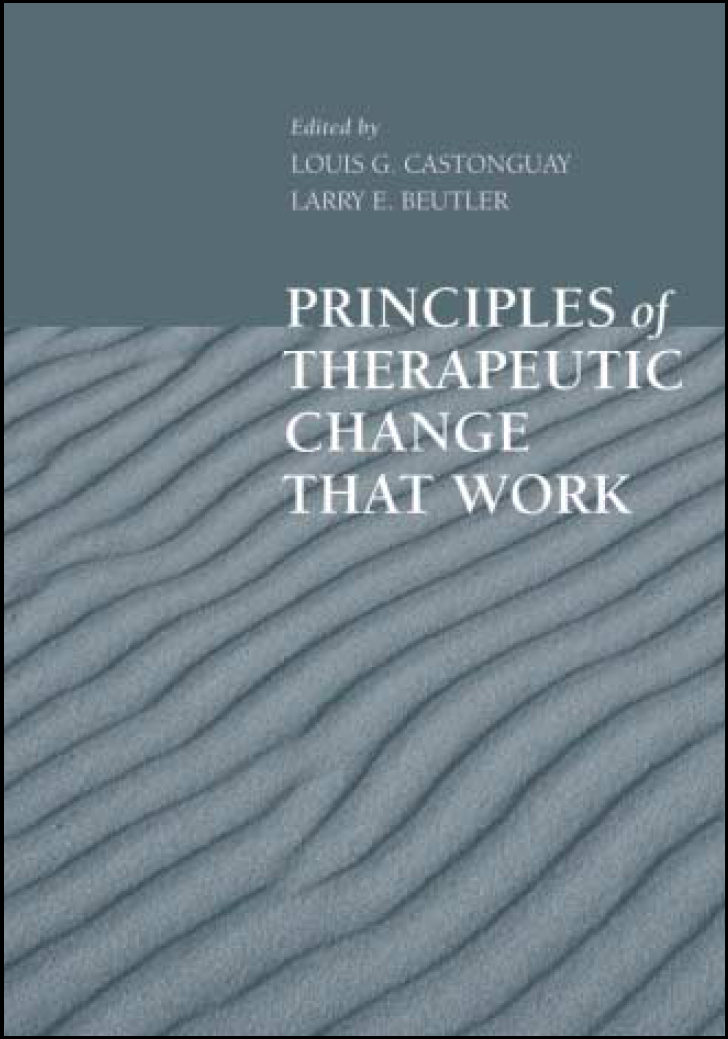
The null hypothesis of this review is that it will be of no possible interest to UK psychiatrists. H01: British psychiatrists are no longer concerned with working long-term with patients, viewing themselves primarily as advisory consultants and managers of ‘complex cases’. HO2: British psychiatrists have little interest in the role of ‘relationship factors’ in producing good outcomes for patients. HO3: British psychiatrists avoid examining their own personal characteristics as relevant to their efficacy, focusing exclusively, as the medical model dictates, on what is delivered rather than how, or by whom.
All this, if true, is very sad, since this book should be required reading for all mental health workers. It is the result of a fascinating intellectual evolutionary process in the American Psychological Association. In the mid-1990s a group of psychotherapy researchers in the Association initiated an Empirically Supported Treatment (EST) movement. This resulted in the publication of the Guide to Treatments that Work (Nathan & Gorman, 2002) focusing on evidence-based psychotherapeutic treatments for major psychiatric disorders. This inevitably showed short-term, researchable and fundable treatments such as cognitive–behavioural therapy in a favourable light, downplaying the inescapable ‘equivalence paradox’ of psychotherapy research, which suggests that the change agent is the therapeutic relationship itself, rather than specific therapeutic techniques. That led to a second volume, informed mainly by psychodynamically minded researchers: Psychotherapy Relationships that Work: Therapist Contributions and Responsiveness to Patients (Norcross, 2002).
The present volume, comprising collaborative review articles by top US psychotherapy researchers, integrates the findings of both camps and identifies superordinate principles applicable across different psychotherapy schools. It focuses on psychotherapeutic treatments for four major groups of disorders: dysphoric disorders, anxiety disorders, personality disorders and substance misuse. The result is a measured, balanced, open-minded, scholarly, readable and inspiring compendium. Here are a few findings relevant to the reviewer's interest: in working with people suffering from personality disorders, long-term (minimum 1 year) intensive treatments (minimum twice a week) are better than short-term ones; focusing on the therapeutic relationship is an important vehicle for change; effective therapists are flexible, open, honest, set limits, repair alliance ruptures in a non-confrontational way; and need specialist training and supervisory support.
Most of the ‘complex cases’ that are supposedly our new brief will fall into one if not all of the four groups covered here. If British psychiatrists are to take their newly chosen role seriously, they will have to acquire the technical and personal skills and support they need to work psychotherapeutically, not just pharmacologically and managerially, with them. That is a major personal and educational task. Reading this book would be a good first step.



eLetters
No eLetters have been published for this article.